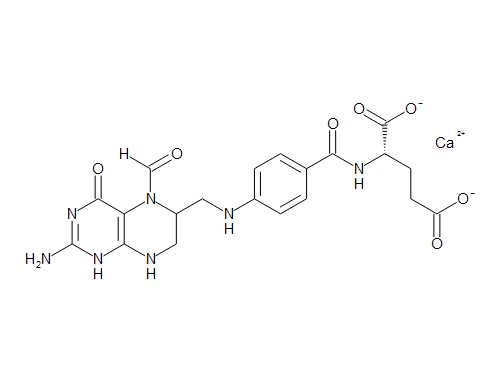A dose of a chemical found in broccoli and other vegetables may improve the behavioral and social symptoms of autism in young men, according to a new small study.
But people would have to eat a possibly unrealistic amount of broccoli and other vegetables to reach the dose of the molecule – known as sulphoraphane – used in the new study, the lead researcher told Reuters Health.
“Our extract product we used is not on the market,” Dr. Andrew W. Zimmerman said by phone.
“There are other things like it but in different forms.”
Sulphoraphane is found in cruciferous vegetables like broccoli, cauliflower and cabbage, but more so in the raw vegetables than cooked. Previous studies have found that it inhibits some bacterial growth and may slow the growth of some cancers.
For the new study, the researchers divided 40 young men with moderate to severe autism spectrum disorder into two groups. One group received varying daily doses of broccoli sprout extract. The others received an inert capsule, known as a placebo.
The researchers and caregivers, who did not know which men received extract and which received placebo, regularly rated the young men’s behavior and social interaction after the trial began. They also rated the participants a month after the trial ended.
The men were rated on irritability, tiredness, repetitive movements, hyperactivity, communication, motivation and mannerisms.
The average scores on both scales were better from four weeks onward for the 26 young men assigned to sulphoraphane compared to the 14 in the placebo group, Zimmerman and colleagues reported in the Proceedings of the National Academy of Sciences.
Of the 26 young men given sulphoraphane, 17 were judged to have improved in behavior, social interaction and calmness by caregivers and staff. There was little change among those in the placebo group.
Sulphoraphane didn’t work for everyone, but for about two-thirds of the group there was a noticeable
improvement, Zimmerman said.
“We could tell who was on it and parents could too,” Zimmerman said. “There are several families who just can’t stop praising it.”
Most of the improvements had disappeared by one month after treatment, however.
The researchers write that young people with autism tend to make more eye contact and have improved speech when they have fevers. They suggest that sulphoraphane “stresses” the body like a fever with few or no side effects.
“Stress is not all bad,” Zimmerman said, noting that it can change the way some genes, potentially those governing autism, are expressed.
Read the whole story at YahooHealth






